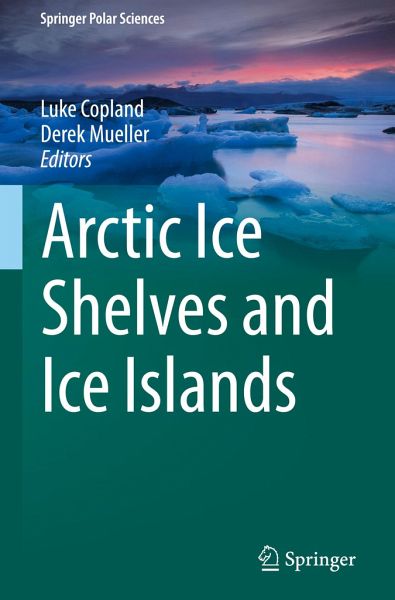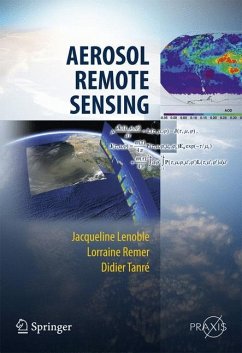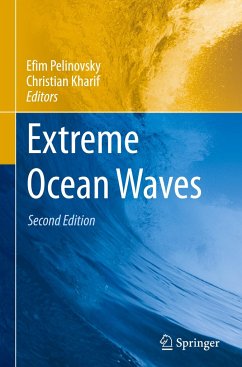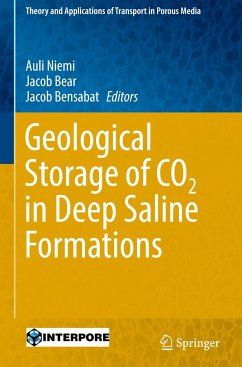
Arctic Ice Shelves and Ice Islands

PAYBACK Punkte
68 °P sammeln!
This book provides an overview of the current state of knowledge of Arctic ice shelves, ice islands and related features. Ice shelves are permanent areas of ice which float on the ocean surface while attached to the coast, and typically occur in very cold environments where perennial sea ice builds up to great thickness, and/or where glaciers flow off the land and are preserved on the ocean surface. These landscape features are relatively poorly studied in the Arctic, yet they are potentially highly sensitive indicators of climate change because they respond to changes in atmospheric, oceanic ...
This book provides an overview of the current state of knowledge of Arctic ice shelves, ice islands and related features. Ice shelves are permanent areas of ice which float on the ocean surface while attached to the coast, and typically occur in very cold environments where perennial sea ice builds up to great thickness, and/or where glaciers flow off the land and are preserved on the ocean surface. These landscape features are relatively poorly studied in the Arctic, yet they are potentially highly sensitive indicators of climate change because they respond to changes in atmospheric, oceanic and glaciological conditions. Recent fracturing and breakup events of ice shelves in the Canadian High Arctic have attracted significant scientific and public attention, and produced large ice islands which may pose a risk to Arctic shipping and offshore infrastructure. Much has been published about Antarctic ice shelves, but to date there has not been a dedicated book about Arctic ice shelvesor ice islands. This book fills that gap.












